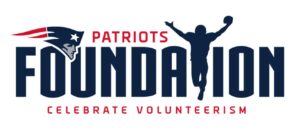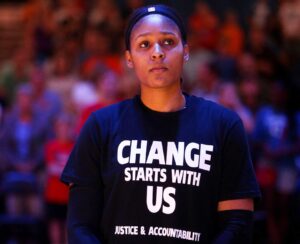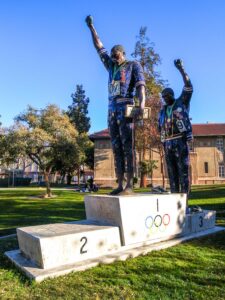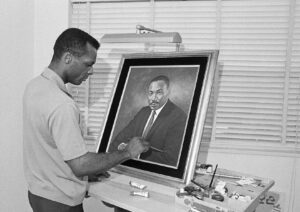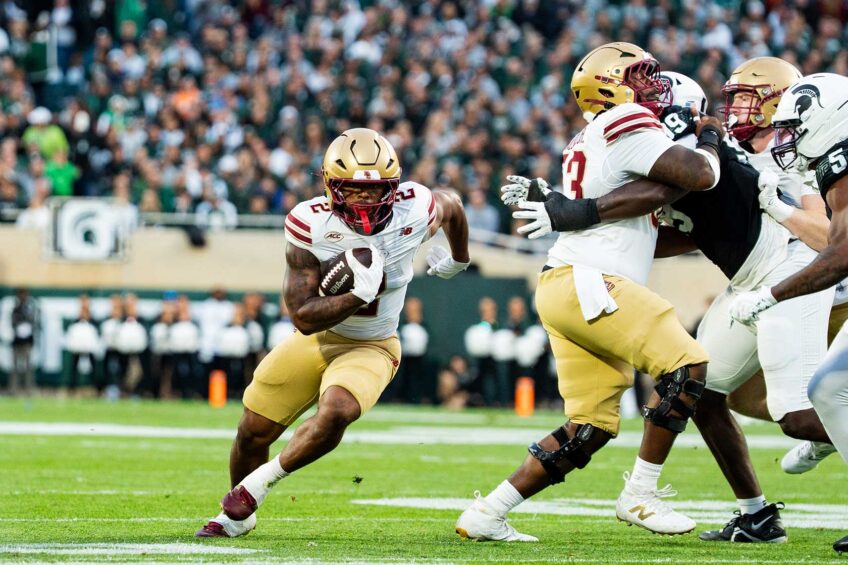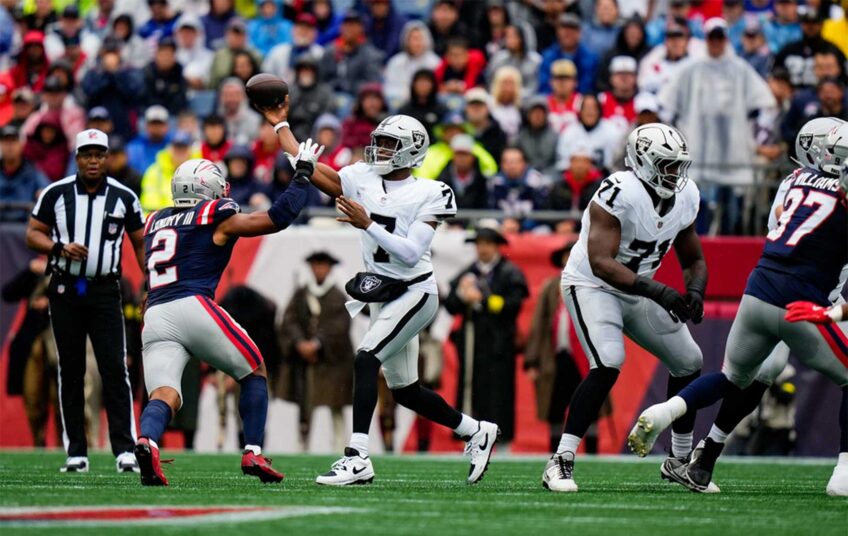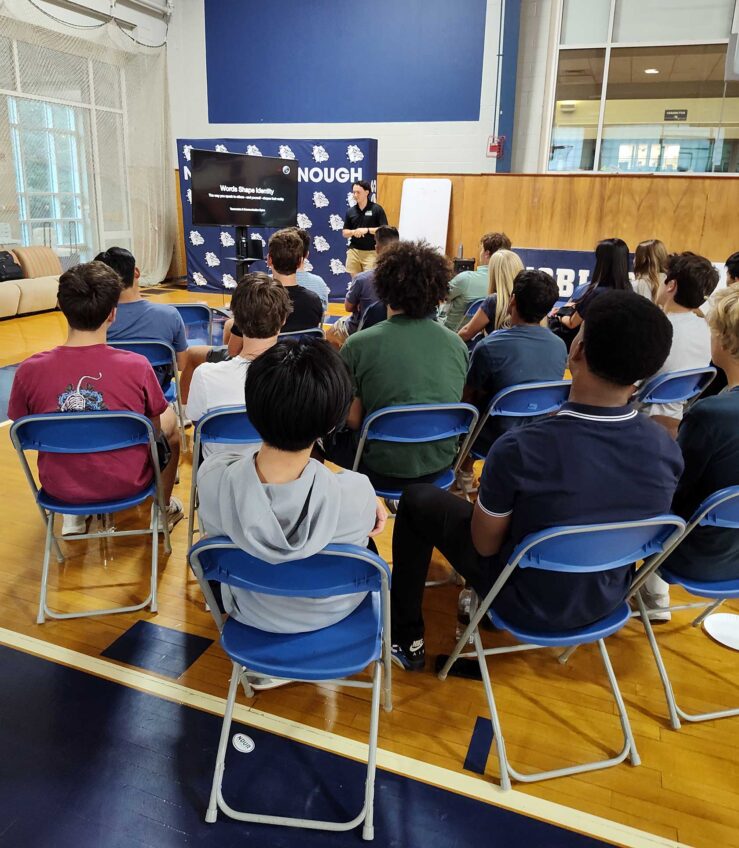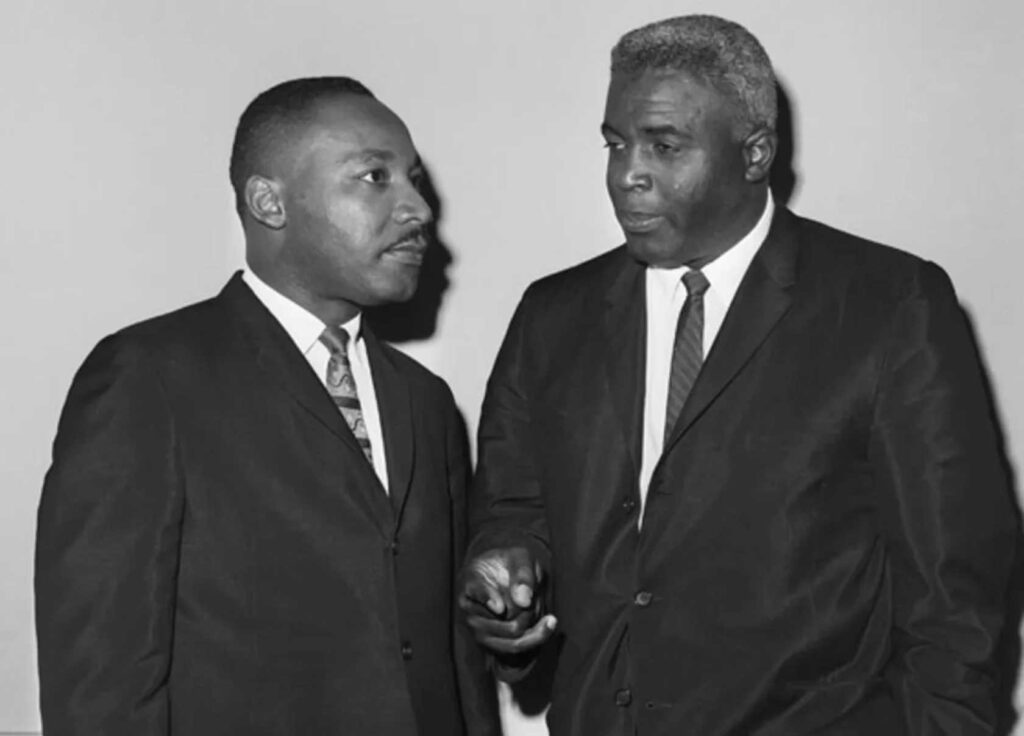
Banner Sports Sponsored by the Patriots Foundation
The name of Nobel Prize winner Reverend Dr. Martin Luther King Jr. holds a place of high distinction in world history. The civil rights icon inspired a global population with his words of peace and his actions of nonviolent protesting during the 1950s and ’60s. His famous “I Have a Dream” speech still resonates today, some 60 plus years since that historic day, August 28, 1963. He delivered it in front of the Lincoln Monument in Washington, D.C.
While he has inspired millions, I wanted to know who inspired him? King credited Ghandi for teaching him the methods of nonviolent protest. Young Martin got his athletic inspiration from men like four-time Olympic gold medal winner Jesse Owens in 1936 and Joe Louis, the world heavyweight boxing champion, in the late 1930s and ’40s.
During his adult years, King would get to meet his two heroes. He expressed his undying respect for them and their contributions to Black people. They reciprocated, expressing their respect for him and the work he was doing to raise the quality of life for African Americans. I can only imagine what their meetings must have been like — icons paying their respects to each other for history-making achievements in their respective fields.
From 1955, the year that King became a national figure and Jackie Robinson helped lead the Brooklyn Dodgers to their first World Series victory over the New York Yankees, to the day of his tragic death on April 4, 1968, King continuously sang the praises of Robinson, the man who broke the color line in Major League Baseball in 1947.
But King never forgot the contributions of Larry Doby, the second Black man to cross the infamous color line along with Satchel Paige. Doby and Paige became the first Black men in modern day baseball history to win a World Series title as key players for the 1948 Cleveland Indians, known today as the Cleveland Guardians. In fact, Hall of Famers Larry Doby, Satchel Page and Willie Mays (1954 N.Y. Giants) all tasted World Series champagne before Hall of Famer Jackie Robinson.
King knew these men and the thousands of other world class athletes of his time. He knew them and, more importantly, they knew him because his work opened doors of opportunity for them and the current generation.
Basketball Hall of Famer Bill Russell and boxer Muhammad Ali were also inspired by the work of King. And although Ali would publicly lean to the teachings of Malcolm X, he still paid respect to King for his work and called him his “brother.”
King and Ali, two of the most famous Black men in history stood back-to-back in their protest of the Vietnam War. King would win the Nobel Prize for his civil rights work. Ali would become the first in boxing history to be crowned heavyweight champion three times.
Before the games in Mexico City, Dr. John Carlos was given an analogy to ponder about a boycott of the games. King said, “Imagine you getting in a rowboat, and you roll out to a big lake then you take a rock and throw a rock over. What happens? It creates vibrations. It creates waves.” He said, “That rock … is the Olympic boycott.”
Carlos and Tommie Smith did not boycott the 1968 Olympic Games in Mexico City, but they made world history that year for their earth-shaking protest on the podium, just four months and 12 days after the assassination of Dr. King. The two athletes were bowing their heads and raising Black-fisted gloves to protest the treatment of Black Americans. The two Black medal winners, a gold for Smith and a bronze for Carlos in the 200-meter sprint event, lifted King’s message of equal rights for all to a world viewing audience.
During an interview with Smith over the course of later years, he told me his feelings about his iconic moment on that victory podium in 1968.
“I thought of many things leading up to that moment, two of them being of Dr. King and Muhammad Ali, two men who risked so much to help the cause of Black people. Years later, when a statue of Smith and John Carlos was raised on the campus of San Jose State, my thoughts were of Dr. King,” said the Olympian, adding, “I paid a heavy price for that moment, but nothing greater than the price paid for me by those who came before me.”
King’s civil rights initiative was also instrumental in getting white colleges to accept Black athletes in a variety of sports. Charlie Scott and James Cash became historic figures in colleges based in the South. Scott was the first African American scholar-athlete to play at the University of North Carolina in the Atlantic Coast Conference, and Cash was the first to play at Texas Christian University in the Southwest Conference.
Scott rose to All-American status and won an NBA title with the 1976 Boston Celtics. Cash, currently a part-owner of the Boston Celtics, was such an impact player at T.C.U. that a statue of him sits prominently on the school campus.
King would also inspire baseball player Curt Flood, who challenged Major League Baseball’s reserve clause in 1970, bringing an end to what was a St. Louis Cardinal Hall of Fame career. Flood would lose his case in the U.S. Supreme Court, but his fight would open the door for free agency five years later.
Flood, an accomplished artist, would acknowledge King with a portrait that now hangs in the White House. He noted that the painting “comes closest to depicting the dignity and reverence — and especially the love — which characterized his life.”
Today, the Curt Flood Award is presented every year to the MLB player who exemplifies his courage and sacrifice.
Courage and sacrifice are two qualities that exemplify Colin Kaepernick. The former NFL quarterback gave up a promising National Football League career 2016 when he took a knee during the national anthem before a preseason game to protest police brutality against Black people. The former San Francisco 49er settled his lawsuit against the NFL out of court and has worked to bring justice and his money to that cause.
Silent on-court protests were what the women of the WNBA used to draw attention to injustice. Members of the Minnesota Lynx wore special shirts that read “Change Starts with Us: Justice & Accountability.” They staged media blackouts for civil rights causes and, even though they were fined, they stood together, and the league rescinded the fines after 10 days.
The Atlanta Dream recently penned a tribute to Dr. King, saying, “We don’t see our sport as just a game. We know sport is and will always be a catalyst for social change. It’s a platform we intend to use to honor Dr. King’s vision and help bring opportunities to those whose voice might not otherwise be heard.”
This is something that Dr. Martin Luther King Jr. would have relished.

